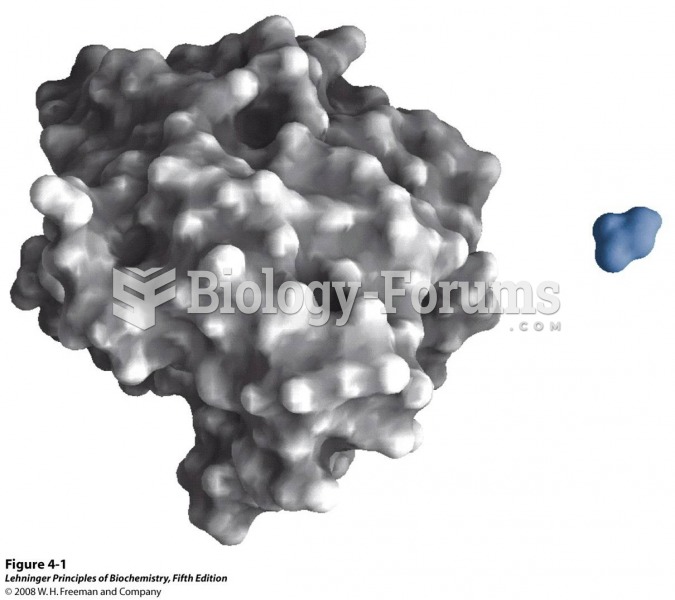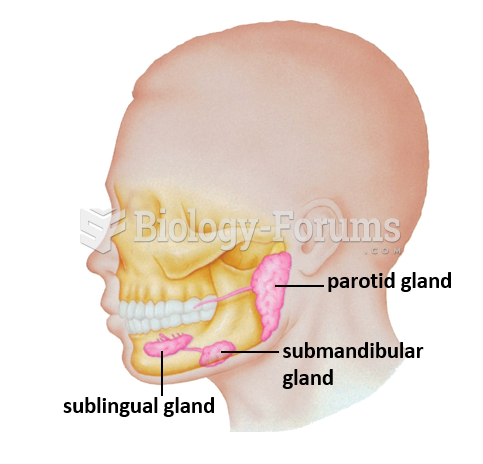|
|
|
Approximately 500,000 babies are born each year in the United States to teenage mothers.
Cancer has been around as long as humankind, but only in the second half of the twentieth century did the number of cancer cases explode.
The senior population grows every year. Seniors older than 65 years of age now comprise more than 13% of the total population. However, women outlive men. In the 85-and-over age group, there are only 45 men to every 100 women.
More than 150,000 Americans killed by cardiovascular disease are younger than the age of 65 years.
There used to be a metric calendar, as well as metric clocks. The metric calendar, or "French Republican Calendar" divided the year into 12 months, but each month was divided into three 10-day weeks. Each day had 10 decimal hours. Each hour had 100 decimal minutes. Due to lack of popularity, the metric clocks and calendars were ended in 1795, three years after they had been first marketed.







